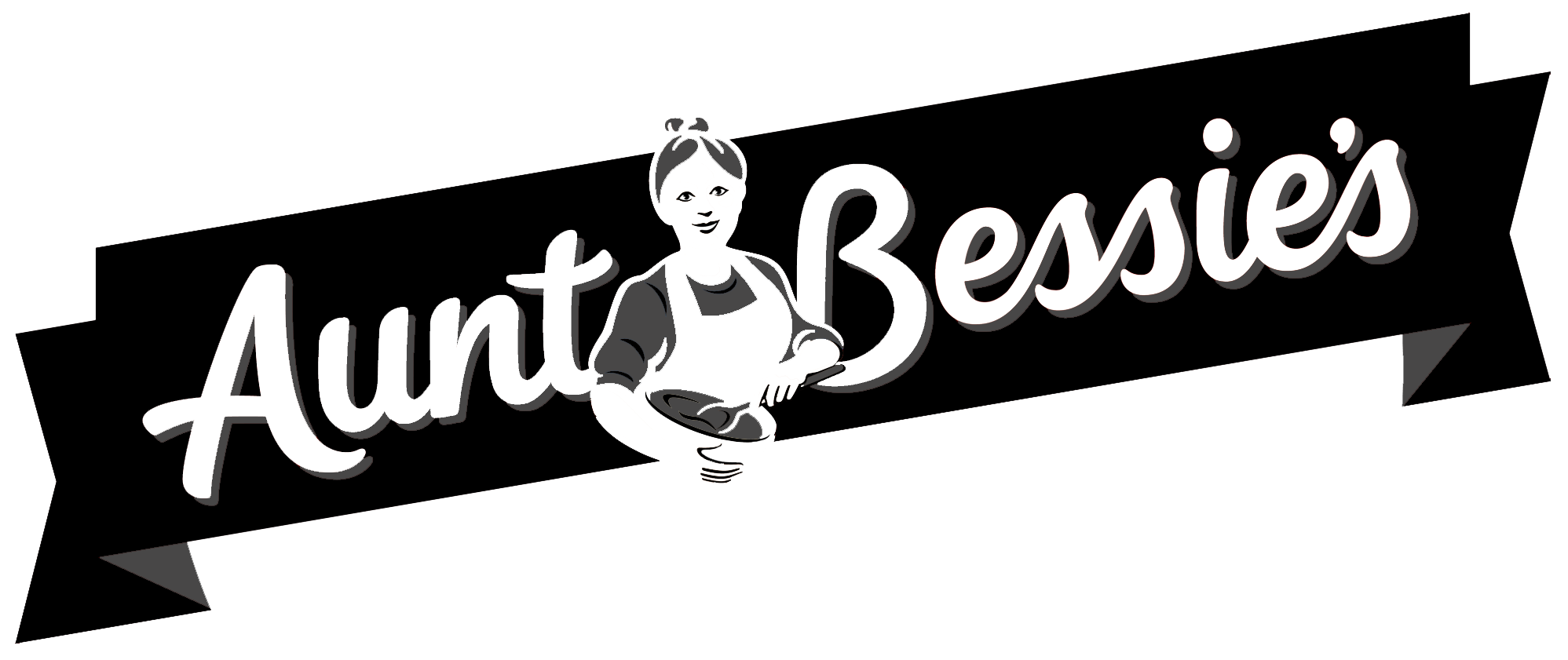European Court of Human Rights judgment
The European Court of Human Rights this morning issued its judgment in the case of Eweida & Others v UK. The case concerned whether or not UK law provided sufficient protection for employees who wish to manifest their religious beliefs in the workplace.
Article 9 of the European Convention on Human Rights provides a right to freedom of thought, conscience and religion, but the right to manifest this right is qualified by 'such limitations as are prescribed by law and are necessary in a democratic society in the interests of public safety, for the protection of public order, health, or morals, or for the protection of the rights and freedoms of others.' The UK courts had determined that a religious observance fell within the protection of Article 9 but that a religious preference (e.g. wishing to wear a cross) did not.
There were four applicants but only Ms Eweida won her case. Ms Eweida was employed by BA and wished to wear a visible cross which, at the time was in breach of their uniform policy. The ECHR decided that the UK Courts had accorded too much weight to BA's desire to project a certain image and there was no evidence that the wearing of items such as turbans and hijabs by other employees had any negative impact on BA's brand. In the circumstances, the UK had failed to protect her rights. Ms Chaplin's case, which also concerned the wearing of a cross, failed because her employer's refusal was justified on health and safety grounds.
The judgment highlighted that the justification of indirect discrimination will continue to depend on the specific facts of each case although employers must now be prepared to accommodate reasonable requests in respect of uniform.
To read the full judgment click here.





